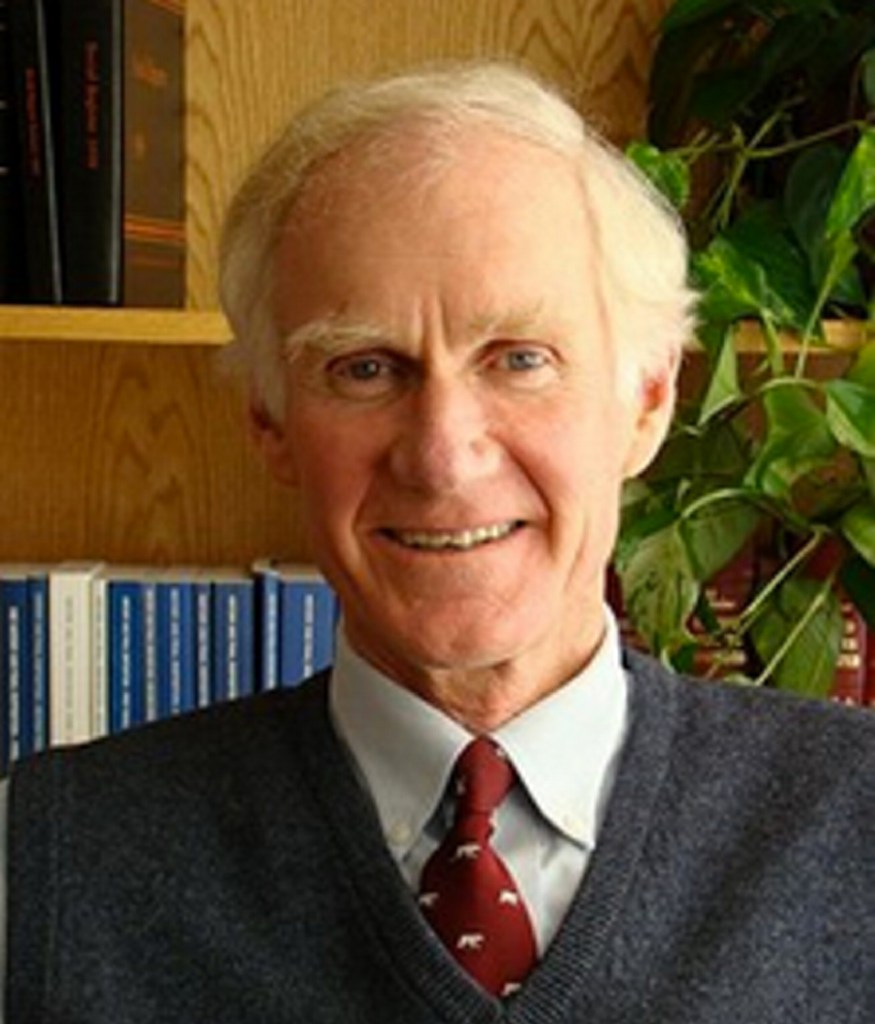The Maine Center for Disease Control and Prevention is boosting its public health nursing workforce, but a lawsuit filed by a Democratic lawmaker last year about the program’s diminished workforce – when former Gov. Paul LePage was in office – is still being contested by the Mills administration.
Sen. Brownie Carson, D-Harpswell, championed a 2017 law that required Maine to employ 48 full-time public health nurses. The program’s workforce declined dramatically following LePage’s election in 2010, dropping from about 50 nurses in 2011 to the low 20s. There are currently 29 public health nurses – including some part-time nurses – on staff.
When the Republican-led LePage administration failed to hire the nurses as required in the law, Carson sued in 2018, and the lawsuit has dragged on into the tenure of Democratic Gov. Janet Mills.
Since Mills became governor in January, her administration has continued to fight the lawsuit even while it has renewed efforts to hire public health nurses. The Attorney General’s Office, representing Maine DHHS, is contending, among other arguments, that the law is unconstitutional because it violates the separation of powers between the Legislature, the courts and the executive branch.
Maine DHHS officials this week refused to tell the Press Herald what the size of the public health nurse workforce would be after the agency has completed all hires – whether it would be 48 as it says in the law or some other number.
Jeanne Lambrew, Maine’s health and human services commissioner, told the Press Herald last week that DHHS plans to hire 24 public health nurses, although it was unclear what the final full-time workforce would be and how quickly they would complete the hires. Public health nurses earn about $50,000 a year, and do front-line work in communities, such as responding to infectious disease outbreaks, helping at-risk mothers and their newborn babies, and performing a number of illness prevention duties.
Carson said he was disappointed and surprised to see the Mills administration disputing the law instead of swiftly complying with it. The Attorney General’s Office filed a motion Monday to dismiss the lawsuit, and a hearing is expected to be set about the lawsuit after March 18.
“Do they consider this law to be real or fake?” Carson said.
Tim Shannon, a Portland attorney representing Carson in the case, said it’s “bizarre” for the Mills administration to be fighting the law in court when it supports the law’s public policy goals. And the constitutionality issue only arose after Mills, who was Maine’s attorney general during LePage’s tenure, became governor, he said.
“The AG’s office (under Mills) vetted the bill (in 2017), helped write the bill and testified in favor of it, and now they’re attacking it,” Shannon said.
While it’s unknown how quickly the hires will occur, there were 18 public health nursing jobs posted on the DHHS website Friday, and the agency touted its hiring efforts on its website.
Lambrew, in a recent interview with the Press Herald, emphasized that while she didn’t know how long it will take to achieve full staffing, hiring public health nurses is a priority, and the CDC also is making reforms in the program, such as updating job descriptions and making sure nurses have a strong support system within the agency to be effective.
“We’re doing our best,” Lambrew said. “As a reminder, we have a nursing shortage in the state of Maine.”
Lambrew said they are trying to attract “high-quality” nurses by pointing out the variety and quality of the work. Pay for the nurses may also be boosted.
“There’s something special about being a public health nurse,” Lambrew said. “The job is a really interesting job. We’re trying to capture that in the job description, what makes it more interesting maybe than working in a hospital or a nursing home.”
Carson, though, said he will remain skeptical until he sees 48 public health nurses on staff, as required by law.
“Taking the department’s foot off the gas pedal to expend energy fighting us when there are still about 20 unfilled positions in public health nursing, is not a wise choice. There are still large areas of the state that remain uncovered by this vital service,” he said.
In the court filing, the Attorney General’s Office argued that the Mills administration “has taken quick action to reinvigorate the public health nursing program” and that these efforts mean the administration is already in “substantial compliance” with the law. The law is unconstitutional, according to the filing, because it violates “the constitutional separation of the powers of state government.”
“Neither the Legislature nor the Court may dictate to the department how and when it staffs the public health nursing program, which (Maine DHHS) is responsible for administering and that is committed, exclusively, to the discretion of the commissioner,” the Attorney General’s Office said.
Joe Lawlor can be contacted at 791-6376 or at:
jlawlor@pressherald.com
Twitter: joelawlorph
Send questions/comments to the editors.



